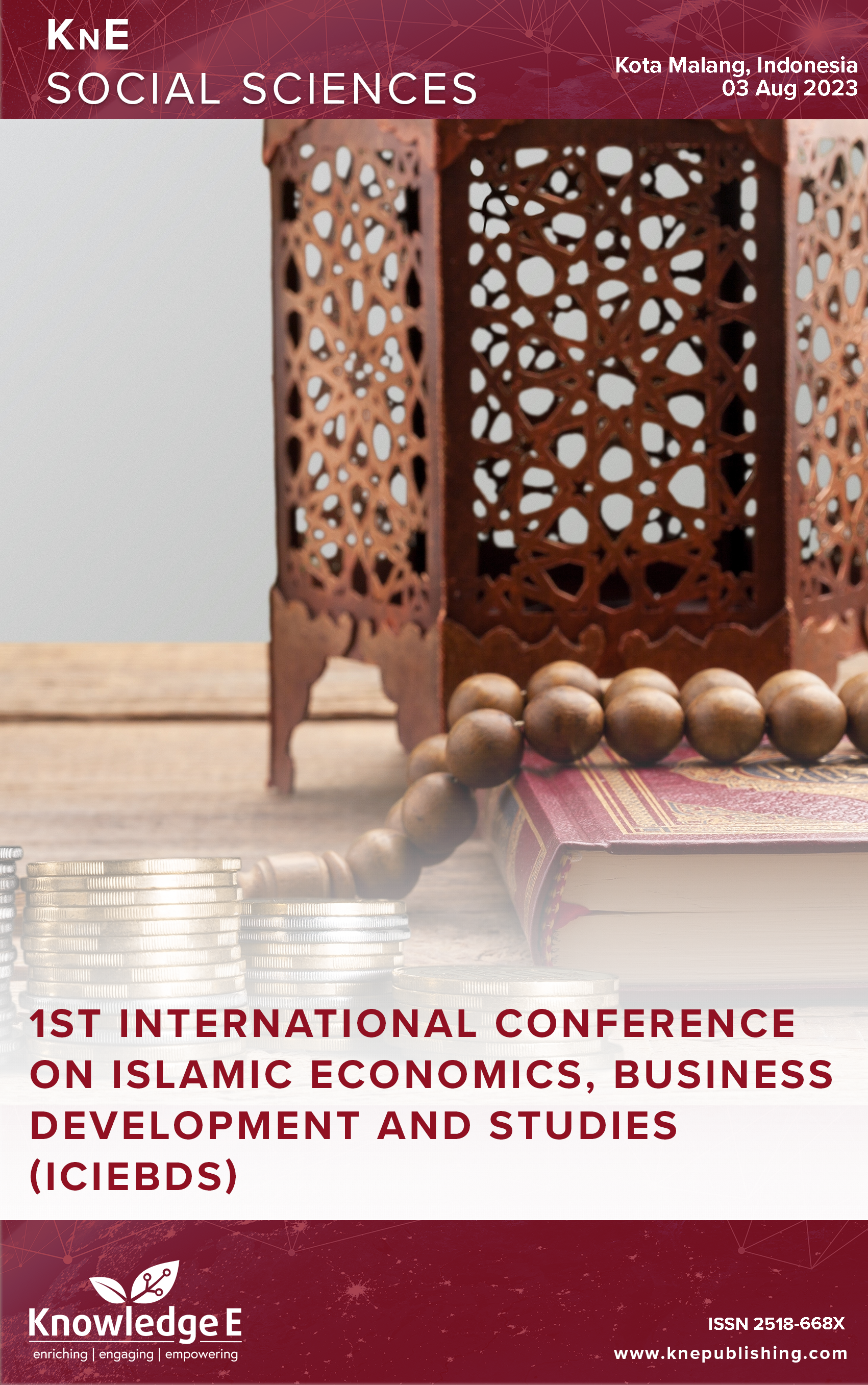Human Resource Ethics and Professionalism: An Islamic Perspective
DOI:
https://doi.org/10.18502/kss.v9i16.16235Abstract
This paper explores the dimensions of ethics and professionalism in the context of human resources from the Islamic perspective. In its effort to delve deeper, this paper details the Islamic principles that guide ethical behavior and professionalism in human resources management. This understanding encompasses fundamental values such as justice, trustworthiness, and excellence, serving as the moral foundation for human resources practitioners grounded in Islam. A profound understanding of these principles not only provides a moral foundation for human resources practitioners but also has the potential to create a positive work environment. By applying these values, it is hoped that success, both at the individual and organizational levels, can be achieved while upholding the principles of Islamic ethics, thereby positively contributing to society as a whole.
Keywords: human resource ethics, professionalism, Islamic principles
References
Beekum RI. “Etika bisnis Islami,” Yogyakarta: Pustaka Pelajar, 2004. https://opac.perpusnas.go.id/DetailOpac.aspx?id=431490# (diakses 17 November 2023).
Nielsen M. “How ethical principles affect case management a Real- Life Example,” Case Manager, vol. 13, no. 3, hal. 68–71, Mei 2002, https://doi.org/10.1067/mcm.2002.124504. DOI: https://doi.org/10.1067/mcm.2002.124504
Torelli R. “Sustainability, responsibility and ethics: different concepts for a single path,” Soc. Responsib. J., vol. 17, no. 5, hal. 719–739, 2021, https://doi.org/10.1108/SRJ- 03-2020-0081. DOI: https://doi.org/10.1108/SRJ-03-2020-0081
D. T. Khan, “Understanding Essentials of Work Ethics in Global Perspective,” Int. J. Eng. Appl. Sci., vol. 6, no. 7, hal. 44–46, 2019, . https://doi.org/10.31873/IJEAS.6.7.2019.13. DOI: https://doi.org/10.31873/IJEAS.6.7.2019.13
Arifin J. Fiqih Perlindungan Konsumen. Semarang: Rasail; 2007.
A. M. Fuad, “Professionalism : the Islamic Perspective,” Jurutera, no. February, hal. 9–11, 2004.
N. Nurfahmiyati, Z. Maliki, S. Iswati, R. Rofaida, dan H. Meidiaswati, “The linkage of competence, professionalism and islamic work ethic: A literature review,” J. Innov. Bus. Econ., vol. 4, no. 1, hal. 31–38, 2020.
“Ethics and professionalism in the workplace - Indianapolis Recorder,” Indianapolis Recorder Newspaper, 2016. Diakses: 17 November 2023. [Daring]. Tersedia pada: https://indianapolisrecorder.com/36d05298-7b96-11e6-8226-033c365dab07/
Nassaji H. “Qualitative and descriptive research: Data type versus data analysis,” Lang. Teach. Res., vol. 19, no. 2, hal. 129–132, 2015, https://doi.org/10.1177/1362168815572747. DOI: https://doi.org/10.1177/1362168815572747
abdul hamid Mursi, SDM yang produktif pendekatan alquran dan sains, Cet.1. Jakarta: Gema Insani Press, 1997. Diakses: 17 November 2023. [Daring]. Tersedia pada: https://books.google.co.id/books?id=_OFo9Z5z6a4C&printsec= frontcover&hl=id#v=onepage&q&f=false
“Membudayakan etos kerja Islam / K.H. Toto Tasmara; penyunting, Dharmadi, Dadi M.H.B | OPAC Perpustakaan Nasional RI.” https://opac.perpusnas.go.id/DetailOpac.aspx?id=555875# (diakses 17 November 2023).

